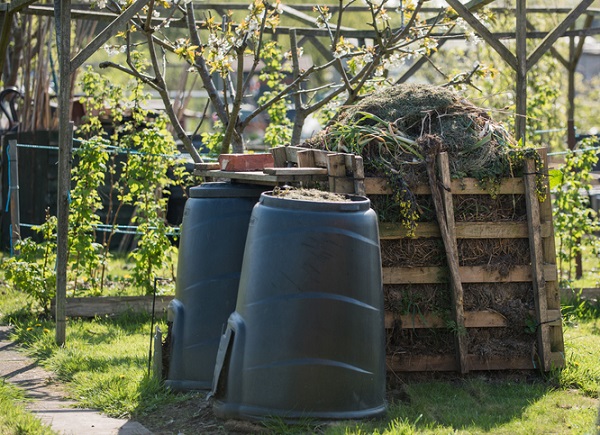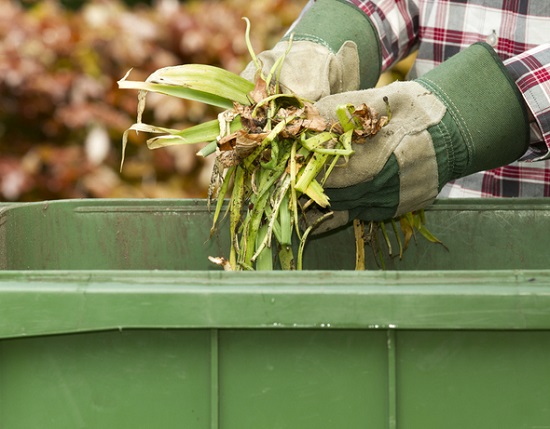Composting Advice
Reading time: 6 minutes
Can compost be made at home?
Yes, it most certainly can! Composting at home is a great way to recycle all (or at least most!) of your kitchen scraps and garden cuttings. It’s the best free compost that will help improve the quality of your soil. We'll go through what you can and can’t compost later on.
This environmentally friendly activity is becoming more and more popular, as we start to care more about what we throw away and what can be recycled. What’s more, the rewards and satisfaction from taking the time to repurpose waste that would otherwise have gone into landfill, is priceless.
- 1. Where Do You Start with Composting?
- 2. How Do You Use Compost?
- 3. How Often Should I Turn My Compost Pile?
- 4. What Should You Put in Compost?
- 5. What Shouldn't You Put in Compost?
Common problems when composting at home
Home composting isn’t always as easy as we think it might be and there are a few common problems that we may all face at one point or another. Composting should be straightforward if we steer clear of a few of the common pitfalls. Here we list some of the main issues that you may come across and what you can do to overcome them.
-
Ammonia smell - this is probably caused by too much wet fruit added to the mix and is starting to rot rather than decompose. You can overcome this by turning your compost more often, to help circulate the air, and adding more dry materials.
-
A slimy heap - the common cause of this problem is usually down to too many grass clippings or green materials and not enough oxygen, which can make your compost too damp and turn slimy. If this happens, you can either remove the layer of slimy compost or add more brown material, and make sure the heap is turned regularly to add more air.
-
Too dry - sometimes home compost can seem a little dry and woody, with very little happening in the way of decomposing. This is most likely down to too much brown materials and not enough moisture. Try adding more green waste to the mixture or a little water to help things along. If you can get hold of fresh manure, add a layer to your compost heap - this will aid the rotting process. Alternatively, you can add an accelerator such as Garotta to get things going.
-
Flies - a well maintained compost bin shouldn’t attract flies, but on the off chance that this should happen try not to leave kitchen scraps on top - this is prime territory for flies to lay their eggs and multiply. Always cover kitchen waste with a layer of garden cuttings or trimmings and keep it turned.
How to know when your compost is ready
This is where patience comes in - compost can take as little as four or five months to mature but, depending on what materials you put in and how large the pieces are, it could take up to a year or more to fully mature. When the compost is working its magic it will get warm - slowly cooling when the composting process is complete.
You will know when it’s ready when the compost looks very much like soil itself - the texture should be crumbly, with a rich, earthy smell. The amount of compost will have reduced too, by approximately a third to half the size.
We hope you’ve found this article useful and feel inspired to start composting at home. Check back soon for more ideas, advice and helpful tips!
Disclaimer: The information contained on this page is intended as an overall introduction and is not intended as specific advice from a qualified professional. Travis Perkins aims to avoid, but accepts no liability, in the case that any information stated is out of date.












